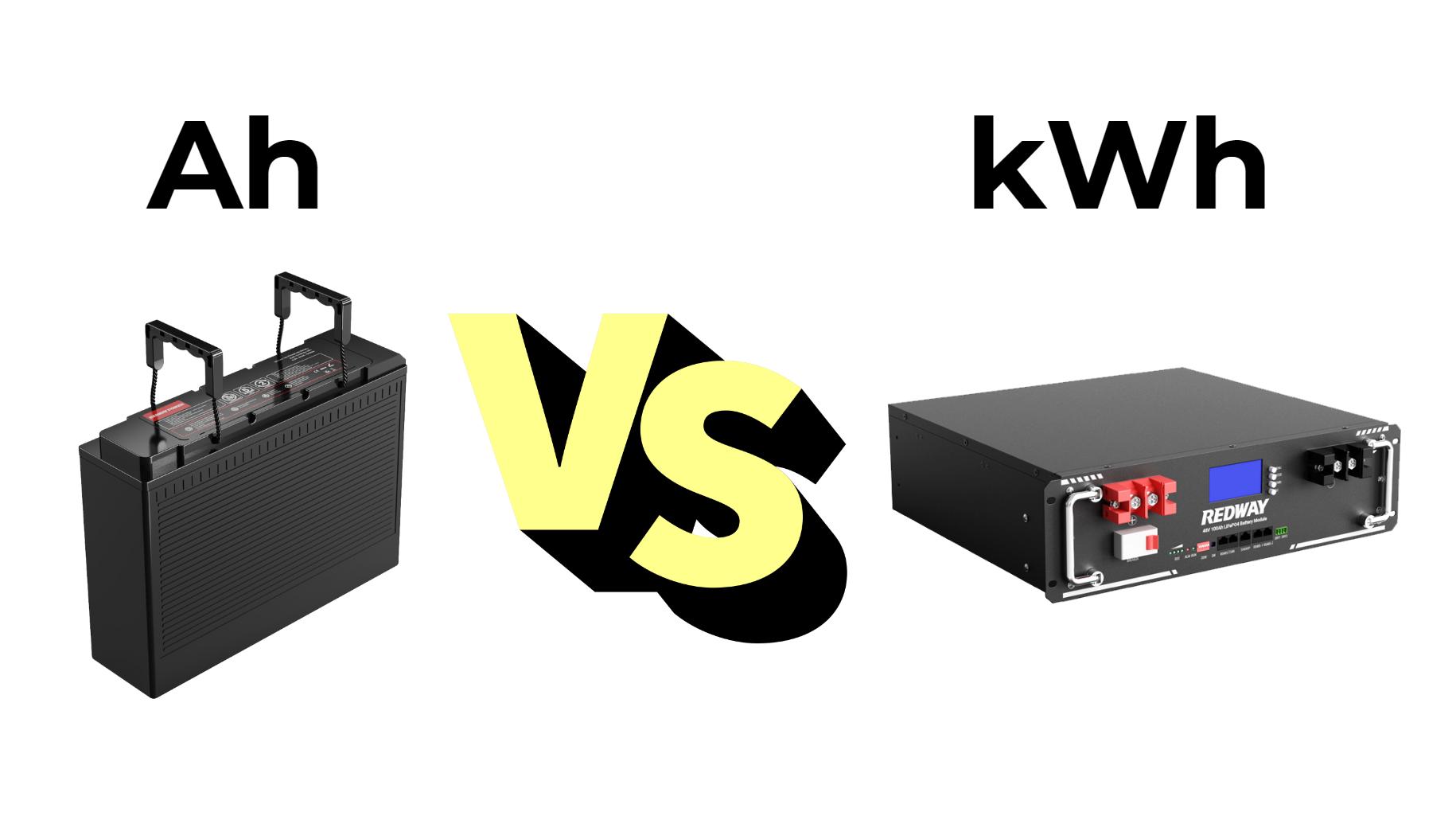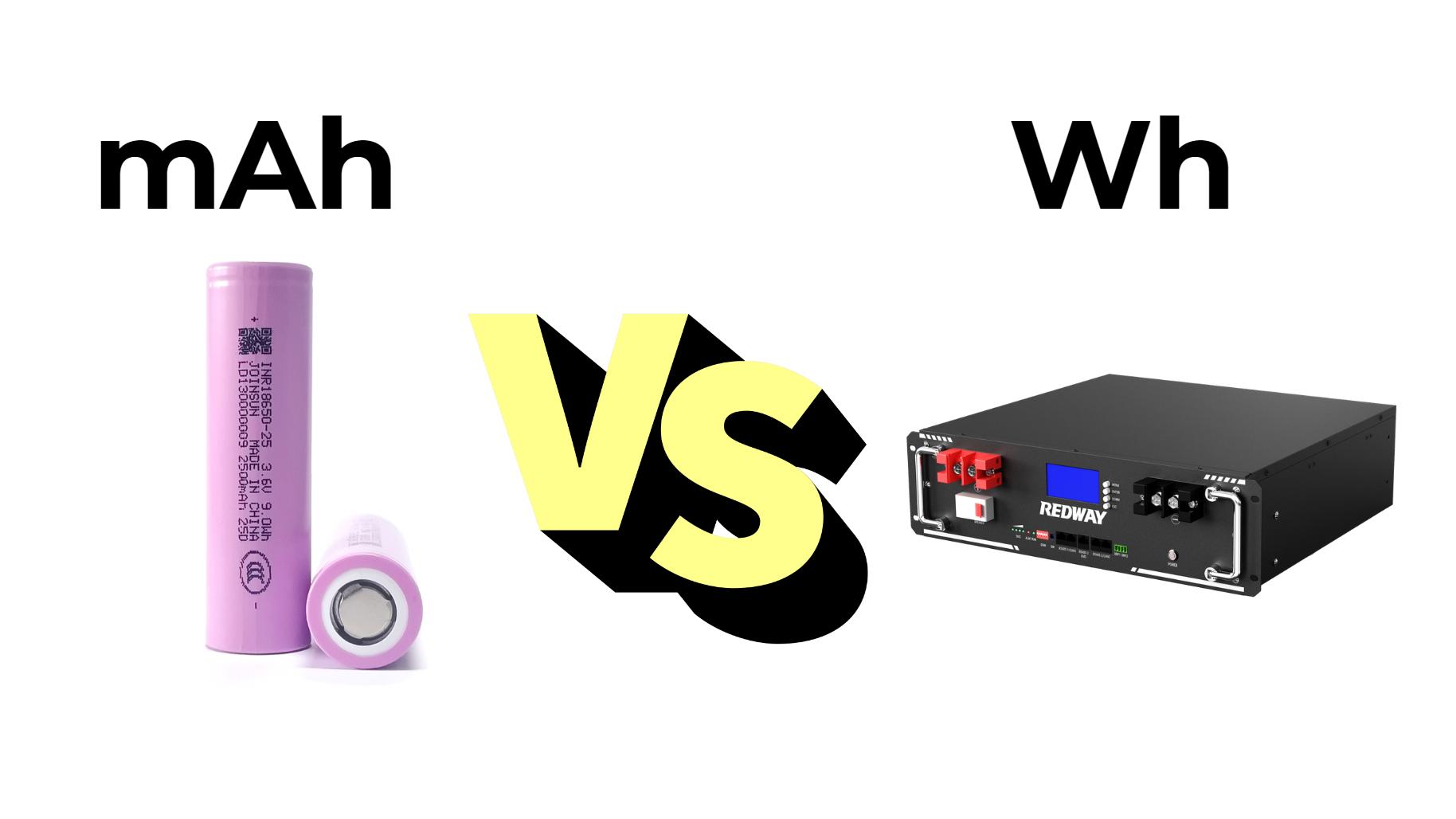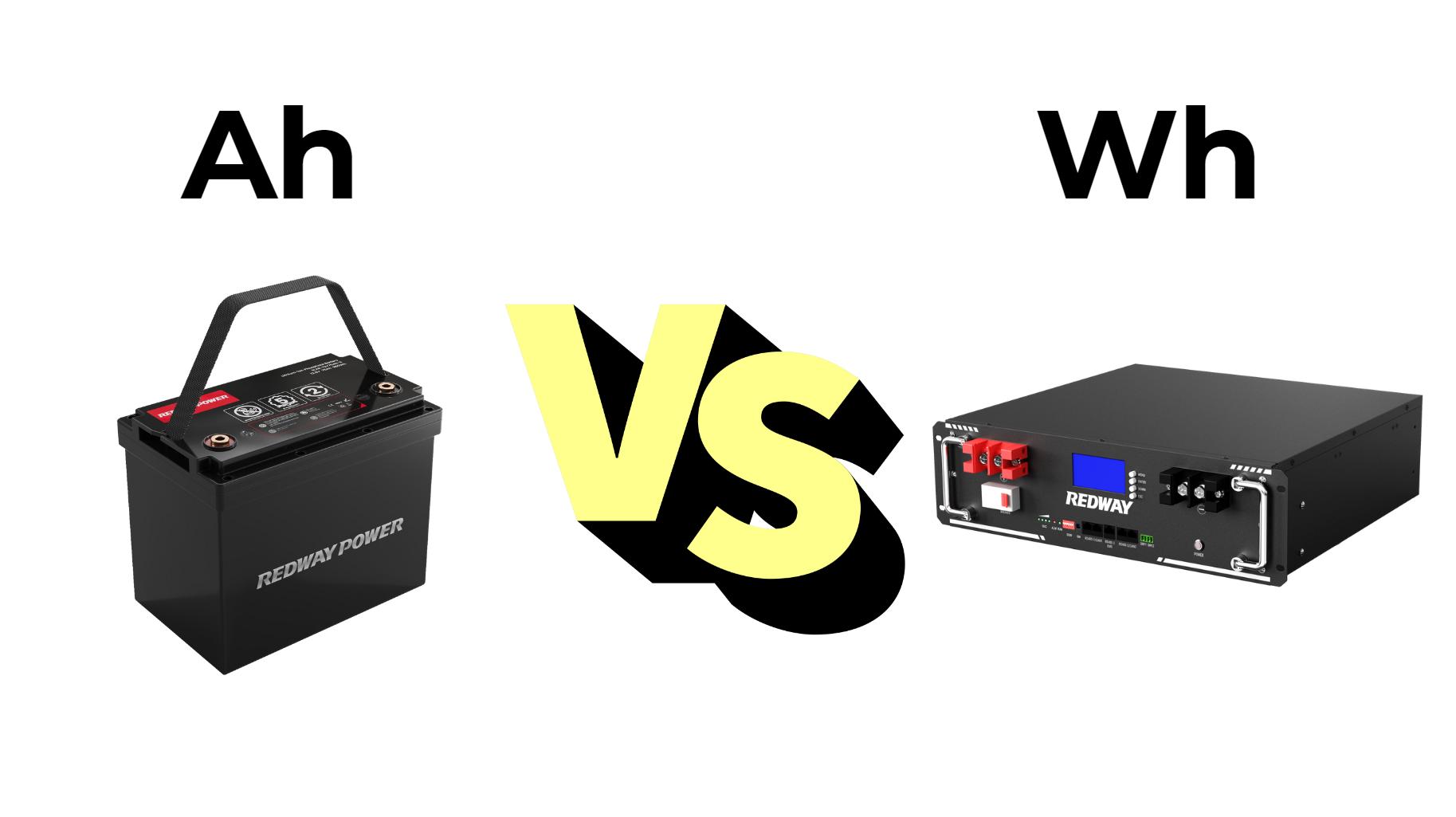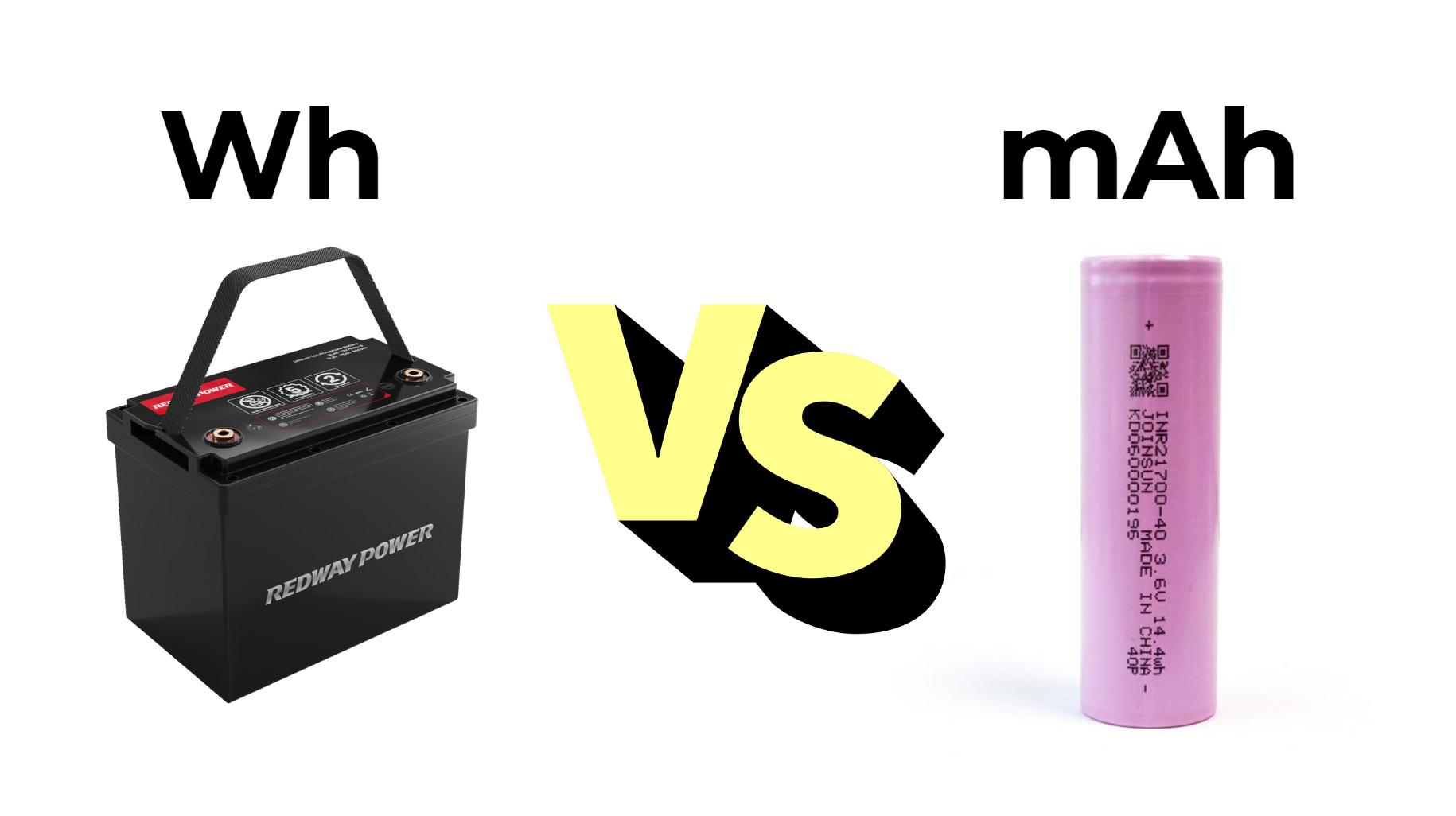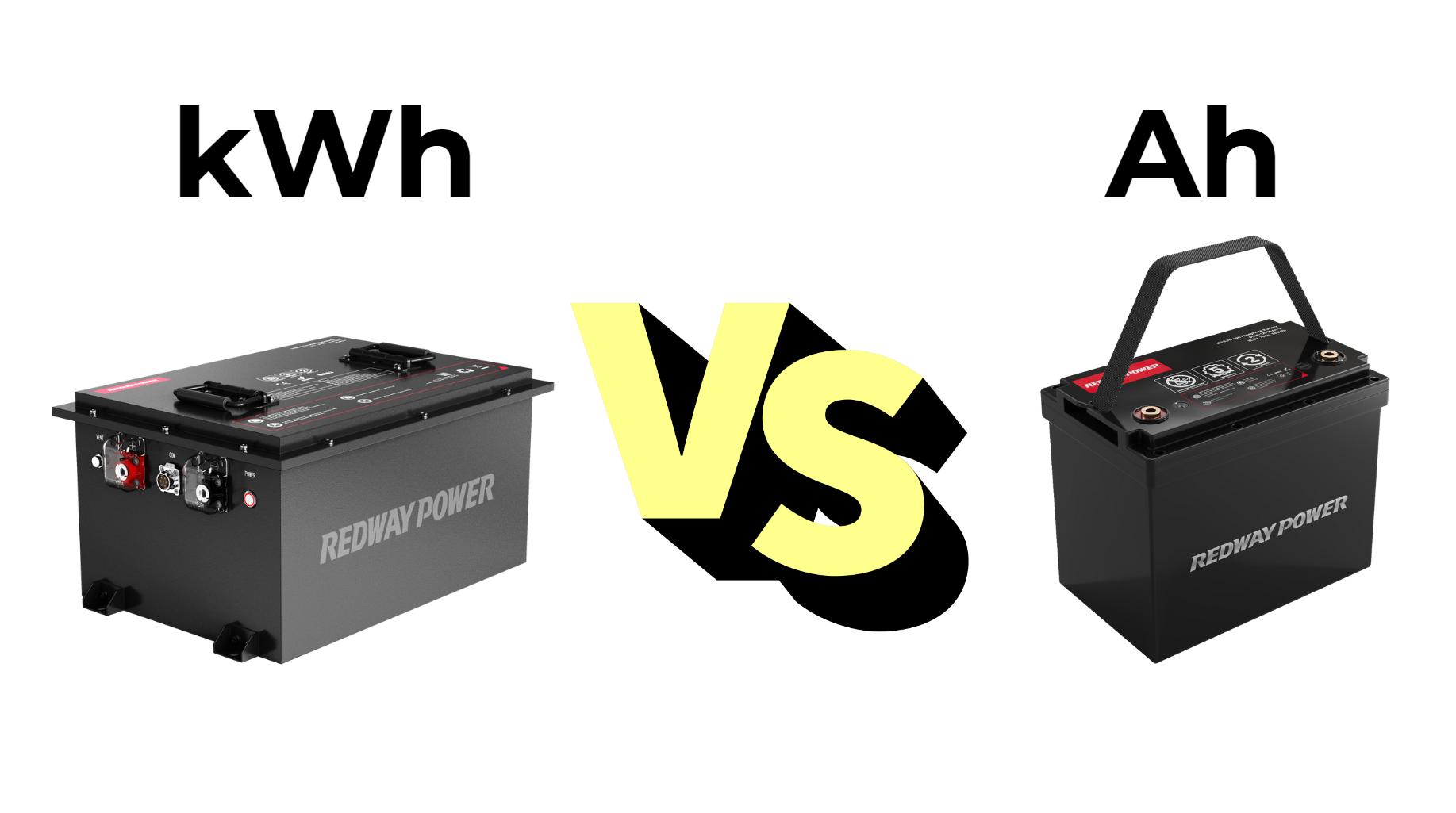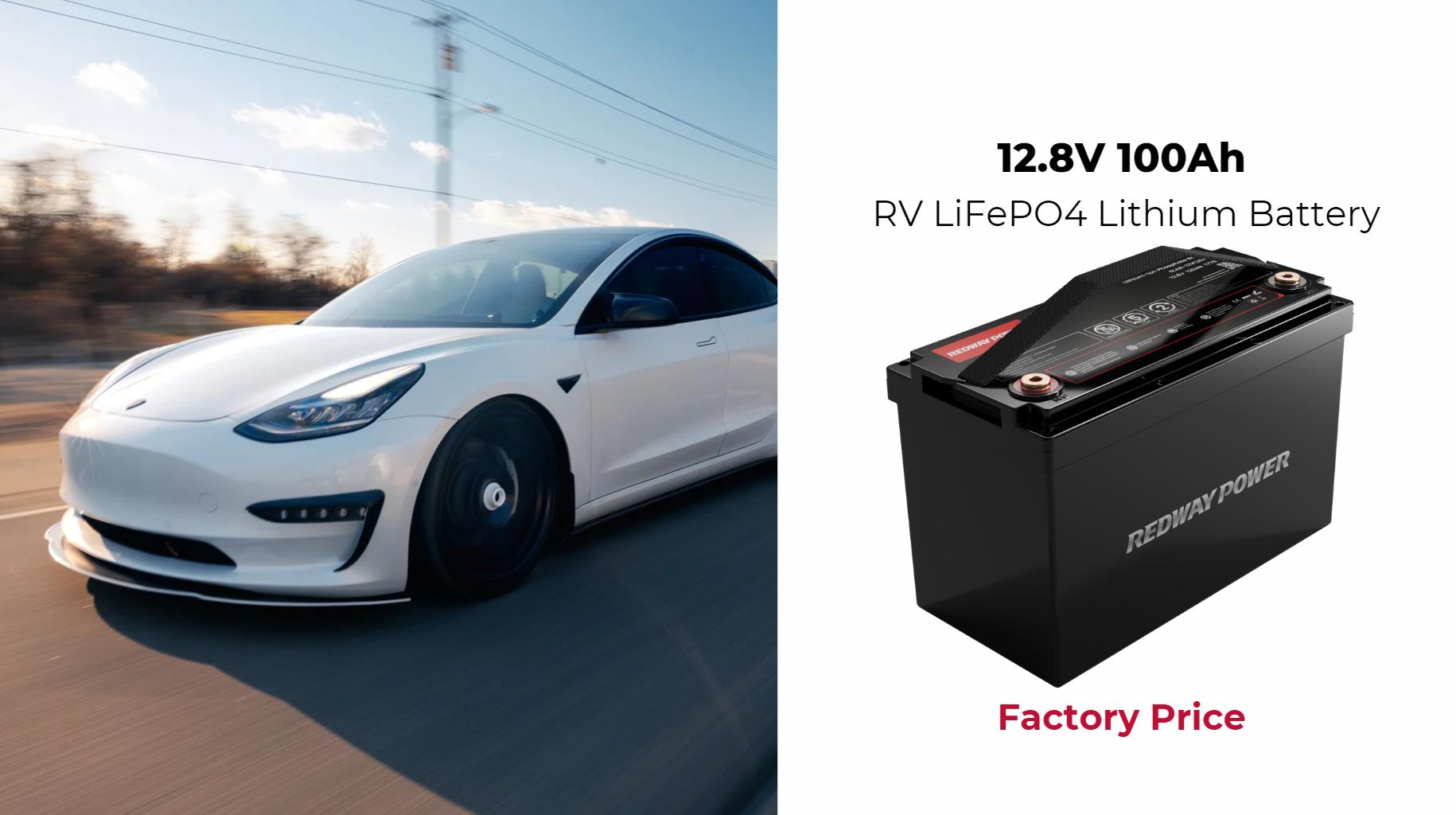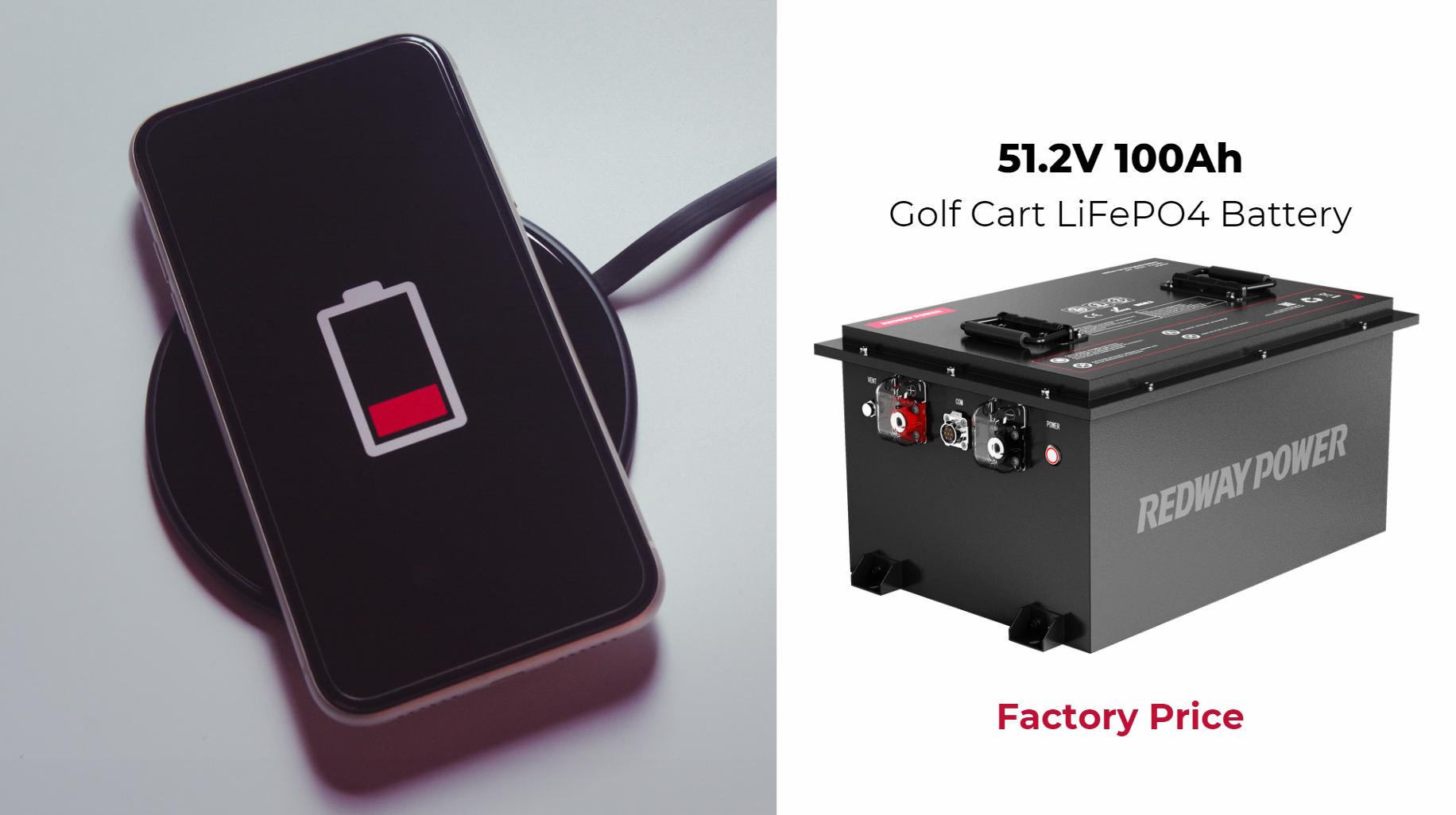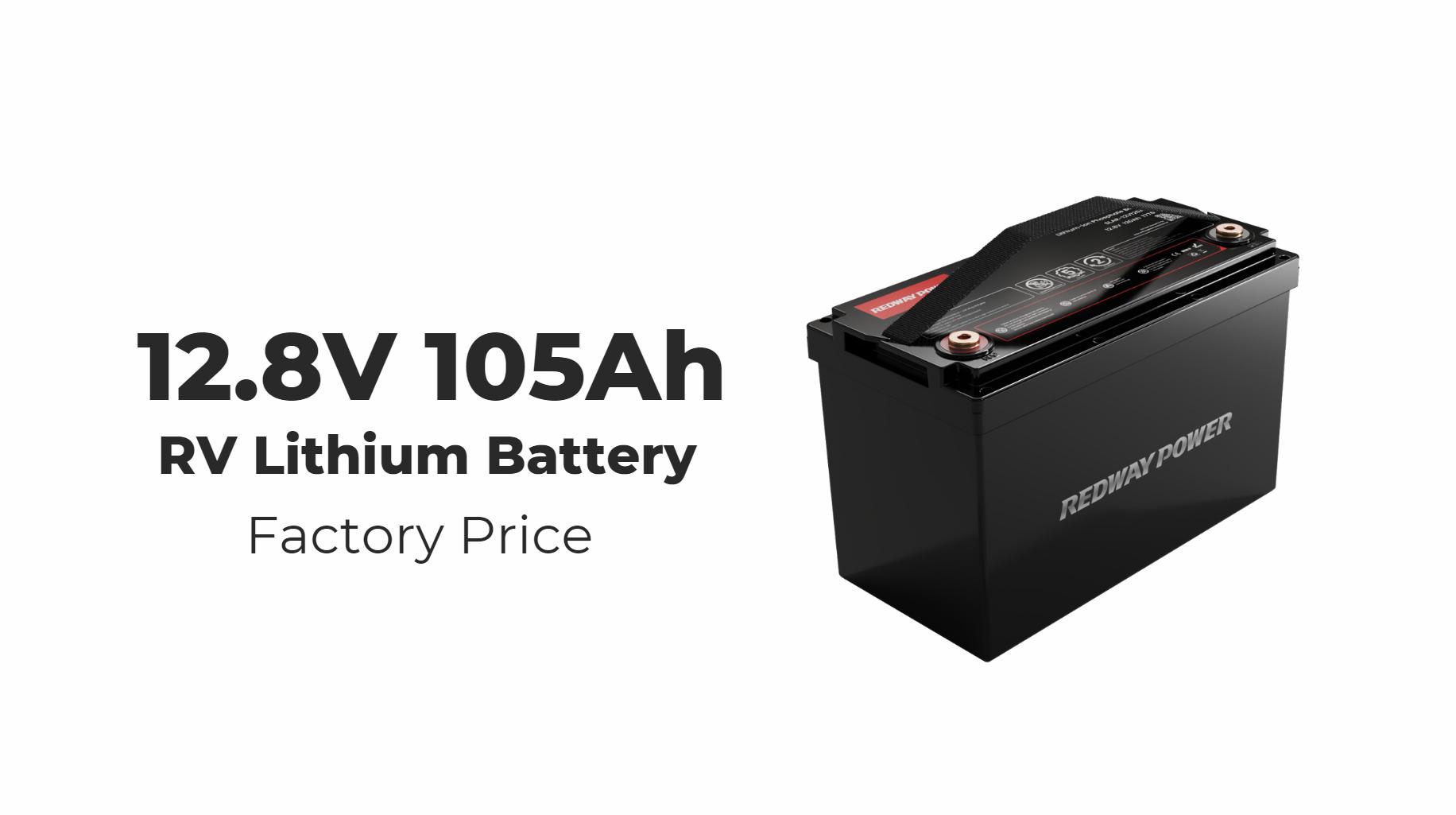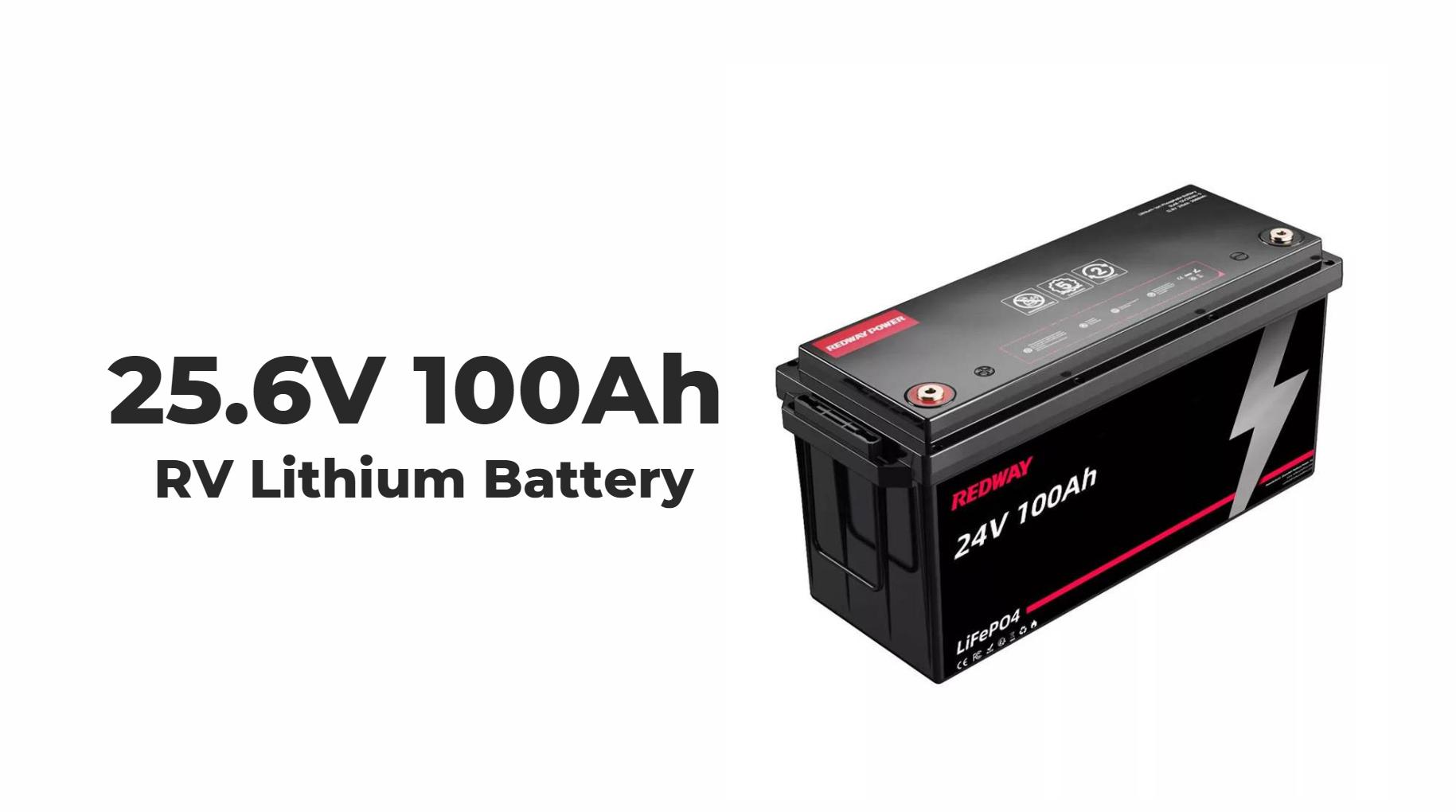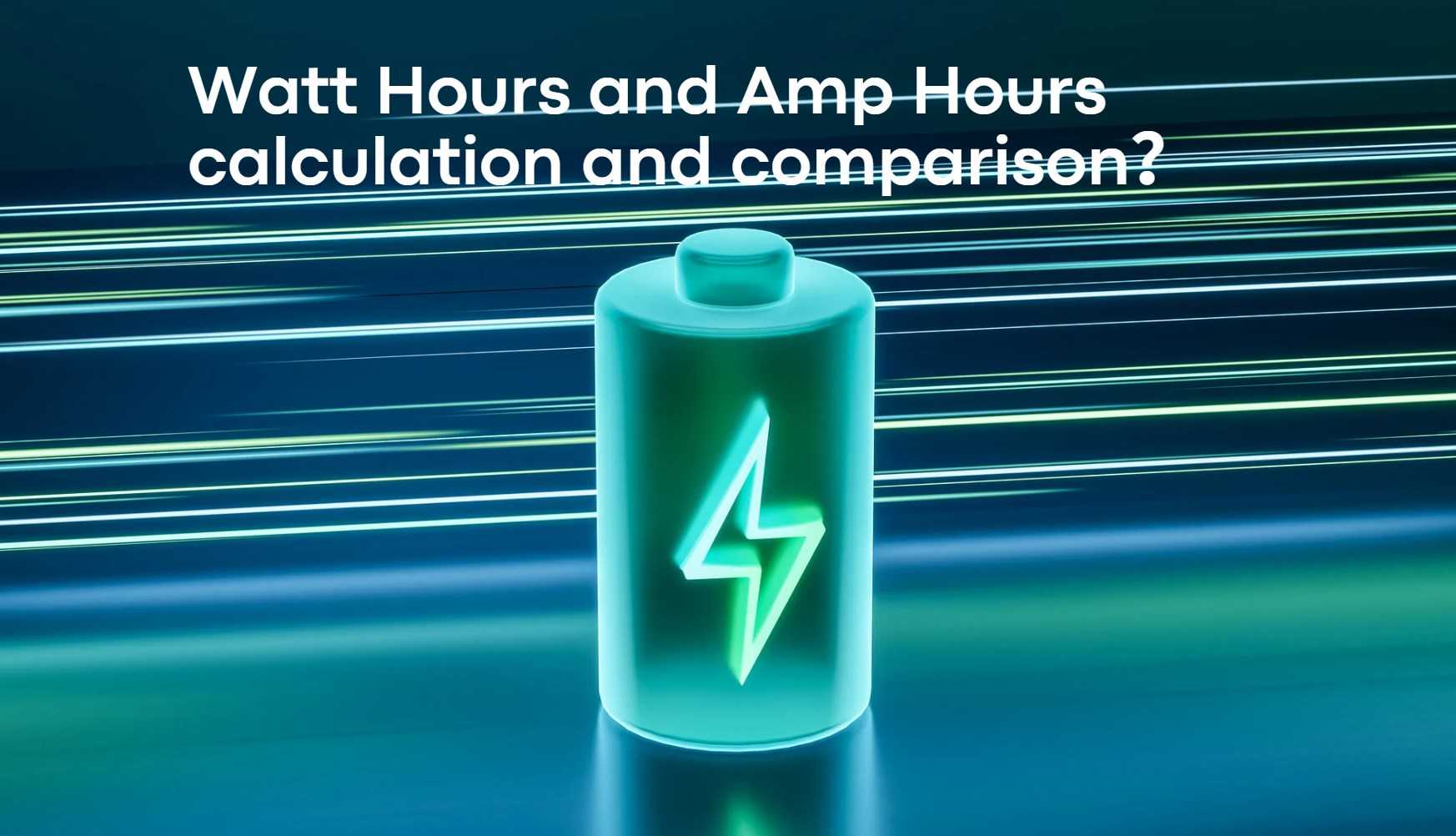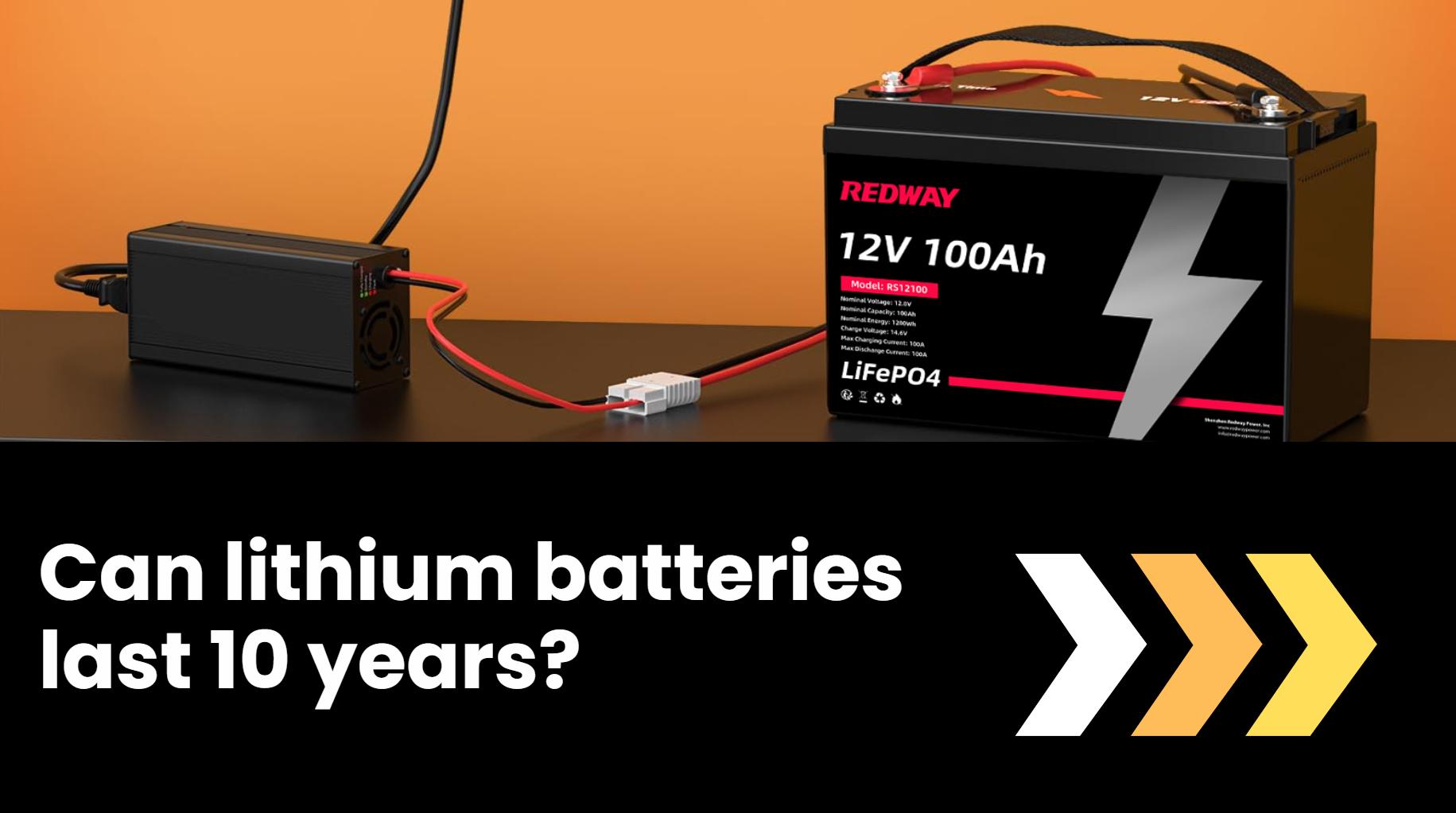How to Convert Ah to kWh (Formula and Calculator)
Converting amp hours (Ah) to kilowatt hours (kWh) is essential for understanding battery capacity and energy consumption. The formula for this conversion is straightforward: kWh = (Ah × V) / 1000, where V represents the voltage. For example, if you have a battery rated at 200 Ah and a voltage of 12V, the calculation would yield 2.4 kWh. This conversion is crucial for optimizing energy management in various applications.
Understanding Amp Hours and Kilowatt Hours
Converting amp hours (Ah) to kilowatt hours (kWh) is a straightforward process. To determine the kilowatt hours, multiply the amp hours by the voltage and then divide by 1000. The formula is: kWh = (Ah * V) / 1000. For example, if you have a 150 Ah battery with a voltage of 24V, the calculation would be (150 Ah * 24V) / 1000 = 3.6 kWh. For easy and accurate conversions at various voltage levels, use our interactive amp hours to kilowatt hours conversion calculator.
Ah to kWh Calculator
Enter the values in the boxes, press ‘Convert’, and see the result.
Kilowatt-hours (kWh):
1. Definitions
- Amp Hours (Ah): A unit of electric charge that indicates how many amps a battery can deliver over one hour. It is commonly used to describe the capacity of batteries.
- Kilowatt Hours (kWh): A unit of energy that measures the total amount of electricity consumed over time. It indicates how much power is used in one hour.
2. The Relationship Between Ah and kWh
The relationship between amp hours and kilowatt hours can be expressed through the formula:kWh=Ah×V/1000. This equation allows users to convert between these two measurements, facilitating better understanding and comparison of battery capacities.
3. Related Calculators
- How to Convert Wh to Ah (Formula and Calculator)
- How to Convert kWh to Ah (Formula and Calculator)
- How to Convert Wh to mAh (Formula and Calculator)
- How to Convert Ah to Wh (Formula and Calculator)
- How to Convert mAh to Wh (Formula and Calculator)
- How to Convert Ah to kWh (Formula and Calculator)
Calculating Ah to kWh
1. Example Calculation
To illustrate how to convert amp hours to kilowatt hours, consider a battery with a capacity of 150 Ah and a voltage of 24V: kWh=150 Ah×24 V/1000=3.6 kWh. This calculation indicates that the battery can provide 3.6 kilowatt hours of energy.
2. Practical Applications
Understanding how to convert Ah to kWh is crucial for determining how long a battery can power specific devices. For example, if you have a device that consumes 600 watts, you can estimate its runtime using: Runtime hours =kWh/Power W. Using our previous example: Runtime=3.6 kWh600 W=6 hours.
Using a Calculator for Conversion
1. Online Conversion Tools
For quick and accurate conversions between amp hours and kilowatt hours, online calculators are available. These tools allow users to input their specific Ah and voltage values, providing immediate results without manual calculations.
2. Manual Calculation Tips
When calculating manually, ensure that you have the correct voltage value for your specific battery system. Double-check your calculations for accuracy, especially when working with larger numbers.
Comparison of Battery Capacities
When comparing batteries, it’s essential to understand that kilowatt hours alone do not provide a complete picture of energy capacity. For example, two batteries may have the same kilowatt hour rating but different amp hour ratings due to their voltage differences.
| Battery Type | Voltage (V) | Capacity (Ah) | Total Capacity (kWh) |
|---|---|---|---|
| Battery A | 12 | 200 | 2.4 |
| Battery B | 24 | 100 | 2.4 |
| Battery C | 48 | 50 | 2.4 |
In this comparison, all batteries provide the same total capacity in kilowatt hours but differ in their amp hour ratings due to their voltage differences.
Latest News
Recent advancements in battery technology highlight significant innovations aimed at improving performance and sustainability:
- Researchers are focusing on new materials that enhance energy density in lithium-ion batteries, leading to higher kilowatt hour ratings without increasing size.
- Companies are developing smart battery management systems that optimize charging cycles based on real-time usage data.
- The demand for renewable energy storage solutions continues to rise, driving innovation in battery technologies capable of higher capacities.
Redway Expert Comment
As experts in lithium LiFePO4 technology at Redway Battery, we understand that converting amp hours to kilowatt hours is crucial for evaluating battery performance. Our LiFePO4 batteries offer superior energy density and longevity, ensuring users get the most out of their power solutions. By focusing on these specifications, we help customers make informed decisions tailored to their specific needs.”
Conclusion: How to Convert Ah to kWh
In summary, converting amp hours to kilowatt hours is essential for understanding battery capacities and performance. By using the formula kWh = (Ah × V) / 1000, users can easily calculate the kilowatt hour rating based on their specific voltage requirements.As technology continues to evolve, we can expect further enhancements in battery performance and efficiency that will improve energy storage solutions across various applications.

